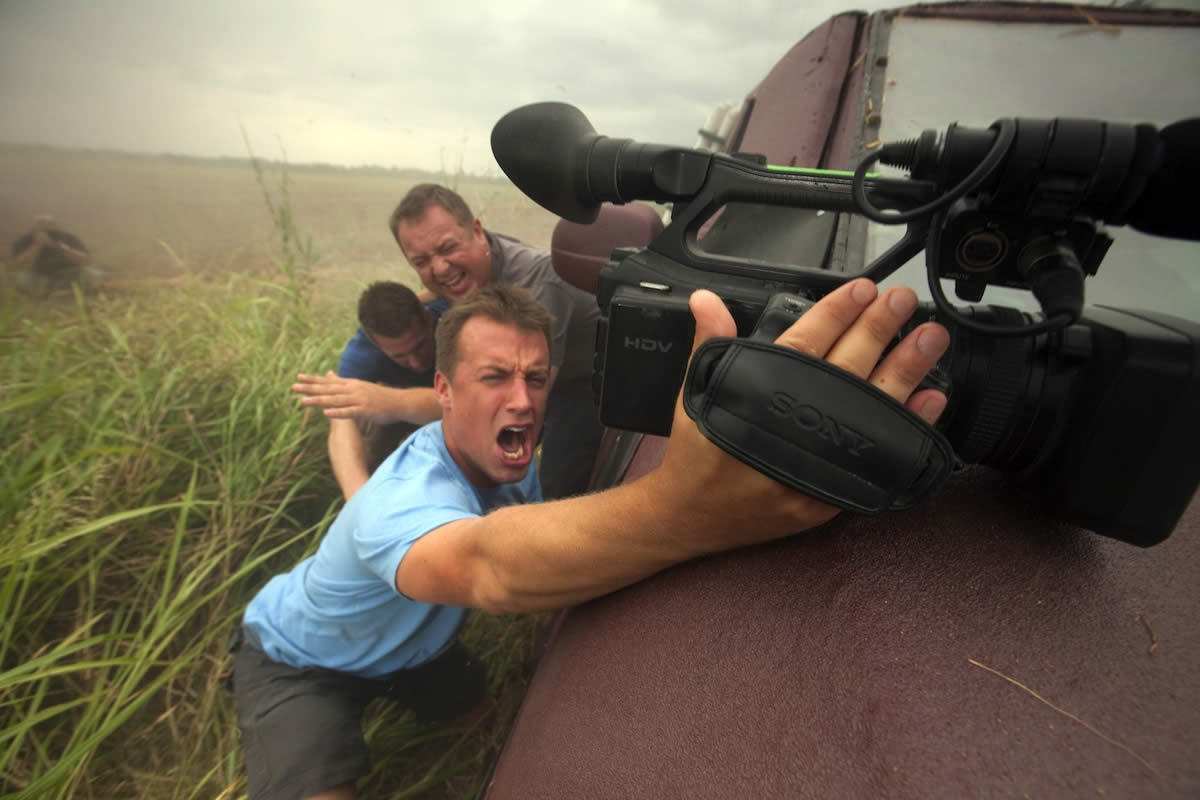Reading Time: 2 minutes
Among other things that need to happen in the early stages of church planting is value setting. Now, it’s easy to put too much emphasis on this, and as a result, become stuck as you determine what the new church will value. It’s even easier to feel like the process is too slow and become very dictatorial by saying, “Here’s what I value and so will you.” I can only say that for us at The Gathering, this step has been mostly frustrating, and will hopefully prove to be freeing.
The good and bad of the process to this point:
- Collaboration, by it’s very nature, takes time. You absolutely cannot rush this part of the planting, even though the passion and excitement for the new plant makes you want to. You’ll find yourself tempted to give out a sheet of 5 values you’ve copied from another church just so you can start sooner. Don’t.
- If you do copy values from another church, pick them apart as a group and make them your own.
- Sometimes people will not talk. This makes it even harder to collaborate.
- You must actively lead this part of the planting. That means either you need to be a great facilitator or you need to find one on your team. I’ve learned after the first 3 attempts with our initial launch group that I am NOT the best at this process. Thankfully, one of our team members actually does this kind of stuff for a living, and so he’ll be leading the 20-30 minute value-setting exercises from here on out while I teach on them.
- There’s a lot of information out there about why values are necessary, but very little that I’ve found about how to actually go about determining them for you church. I’ll be posting some of what we do in the future.
- There’s a temptation for your values to be different from the values of every other church ever planted in the history of church planting. Just reading that sentence should reveal the absurdity in that thinking. Since all values are ultimately coming from Scripture, they’re going to be similar.
- You may have a lot of value statements, but they should probably all be grounded in a smaller number of core values. Here’s an example: At The Gathering, we recognize that we will know less today than we will tomorrow. That’s a great statement based on the core values of discipleship and learning, as well as community because it demands that we give grace to others who are still learning.
- This process will make your head feel like it’s going to pop off. I think that’s normal, because this is the process made popular by 2 year-olds who ask “why” after everything you tell them. It’s annoying and the biggest reason parents started using the phrase, “Because I said so, that’s why!” Unfortunately, that may not always be the best answer when a first-time visitor asks you why you expect people to give in the offering. Core values about community and generosity and Scripture may carry more weight. It takes a lot of “whys” to get to the simplest and strongest answers.
- Have lots of coffee and sit in comfortable chairs, preferably with cup holders.
- Because they’re called core values, there’s an underlying pressure to say the right thing the first time because you don’t want to look like an idiot by saying something is core when it may not be. You won’t have them right immediately. It’s a process. Say it, clarify it, and try saying it again. And breathe.









